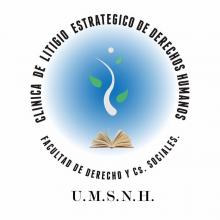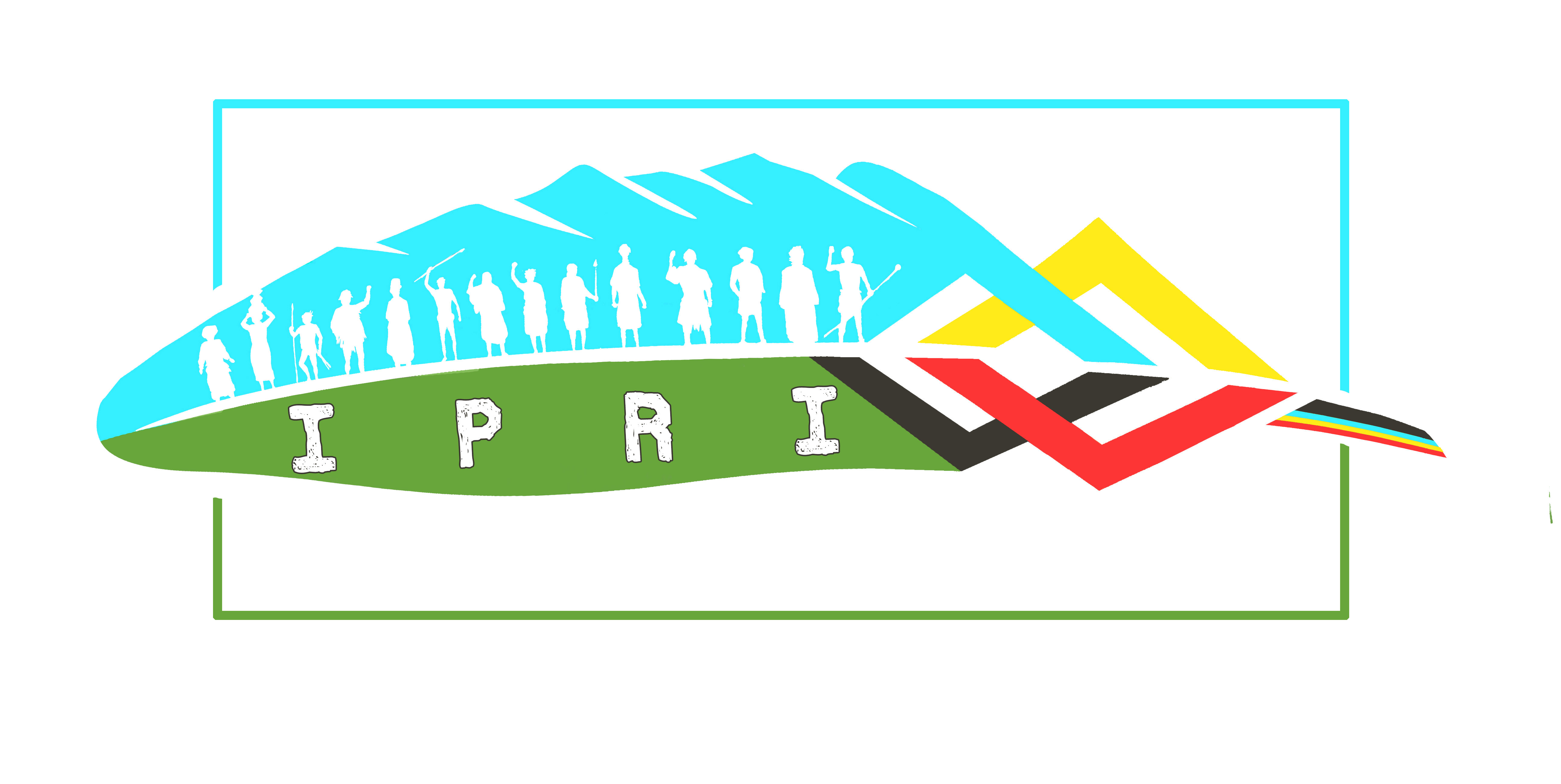IPRI was established to respond to the global crisis of attacks on and criminalization of Indigenous Peoples. Co-founded by former UN Special Rapporteur on the Right of Indigenous Peoples, Victoria Tauli Corpuz, and former member of the UN Permanent Forum on Indigenous Peoples, Joan Carling, IPRI was established with an aim to respond to, reduce and prevent acts of criminalization of and violence against Indigenous Peoples and to increase the visibility of this reality; address impunity of those who attack Indigenous Peoples; to provide protection and access to justice for actual and potential victims, not only as individuals but as collectives or communities; and to coordinate and lead a global campaign to address impunity, violence against and criminalization of Indigenous Peoples.



